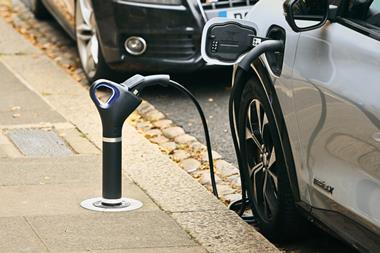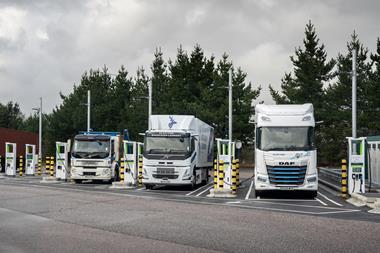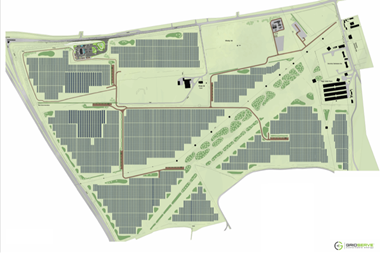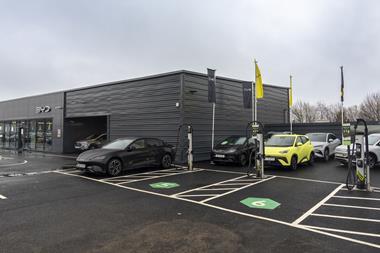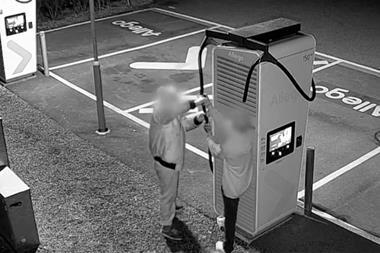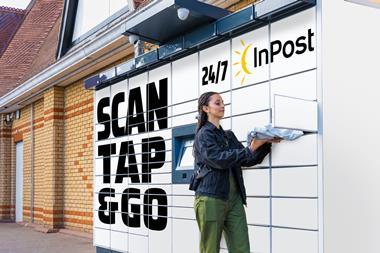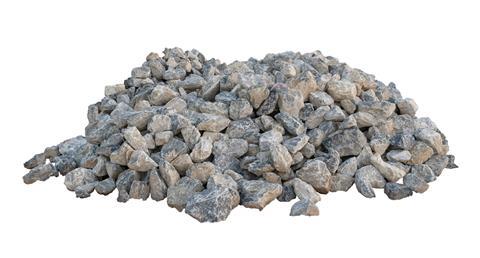
A researcher at Technical University of Denmark (DTU) has patented a new superionic material based on potassium silicate – a mineral that can be extracted from ordinary rocks – that has the potential to replace lithium in EV batteries.
Researcher Mohamad Khoshkalam said: “The potential of potassium silicate as a solid-state electrolyte has been known for a long time, but in my opinion has been ignored due to challenges with the weight and size of the potassium ions. The ions are large and therefore move slower.”
Khoshkalam believes the potential of the paper-thin material based on potassium silicate is huge. That’s because it is an inexpensive, eco-friendly material that can be extracted from silicates, which cover over 90%of the Earth’s surface. The material can conduct ions at around 40 degrees and is not sensitive to moisture.This would make scaling up and future battery production easier, safer and cheaper. The material also works without the addition of expensive and environmentally harmful metals such as cobalt, which is currently used in lithium-ion batteries to boost capacity and service life.
However, there are downsides. Unlike lithium solid-state batteries, solid-state batteries based on potassium and sodium silicates have a low Technology Readiness Level. This means there is still a long way to go from discovery in the lab to getting the technology out into the real world. Khoshkalam says the earliest we can expect to see them in new EVs on the market is 10 years from now.
It is also a high-risk technology, where the chance of commercial success is small and the technical challenges are many. But Khoshkalam is full of optimism: “We have shown that we can find a material for a solid-state electrolyte that is cheap, efficient, eco-friendly, and scalable—and that even performs better than solid-state lithium-based electrolytes.”
A year after the discovery in the laboratory at DTU, Khoshkalam has obtained a patent for the recipe and is in the process of establishing the start-up K-Ion, which will develop solid-state electrolyte components for battery companies. The K-ion is part of the DTU Earthbound initiative, where they receive support to get their research out of the laboratory faster and into society to make an impact. The next step for Khoshkalam and his team is to develop a demo battery that can show companies and potential investors that the material works. A prototype is expected to be ready within one to two years.





















